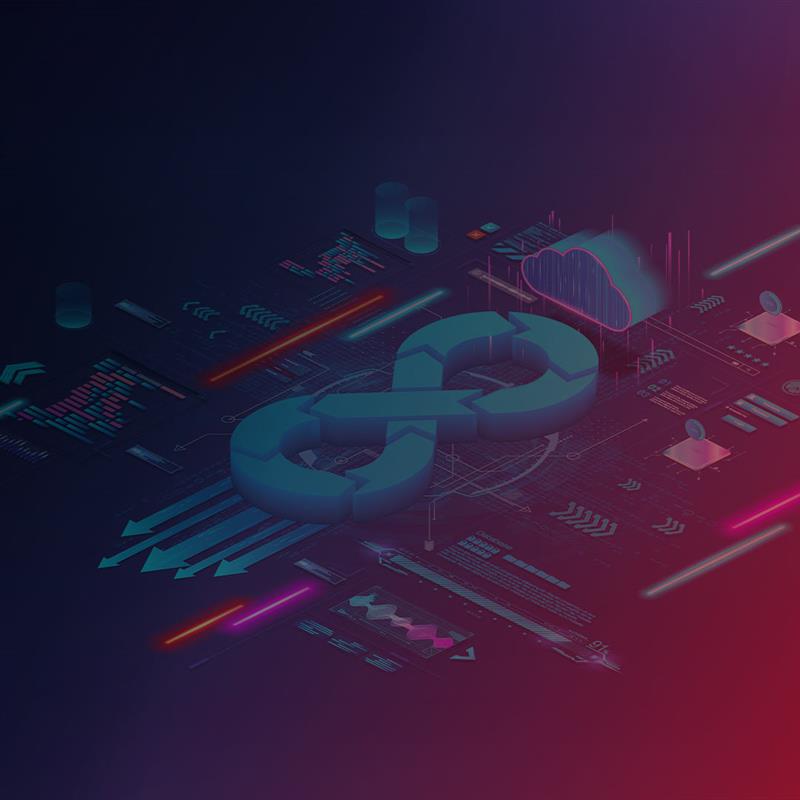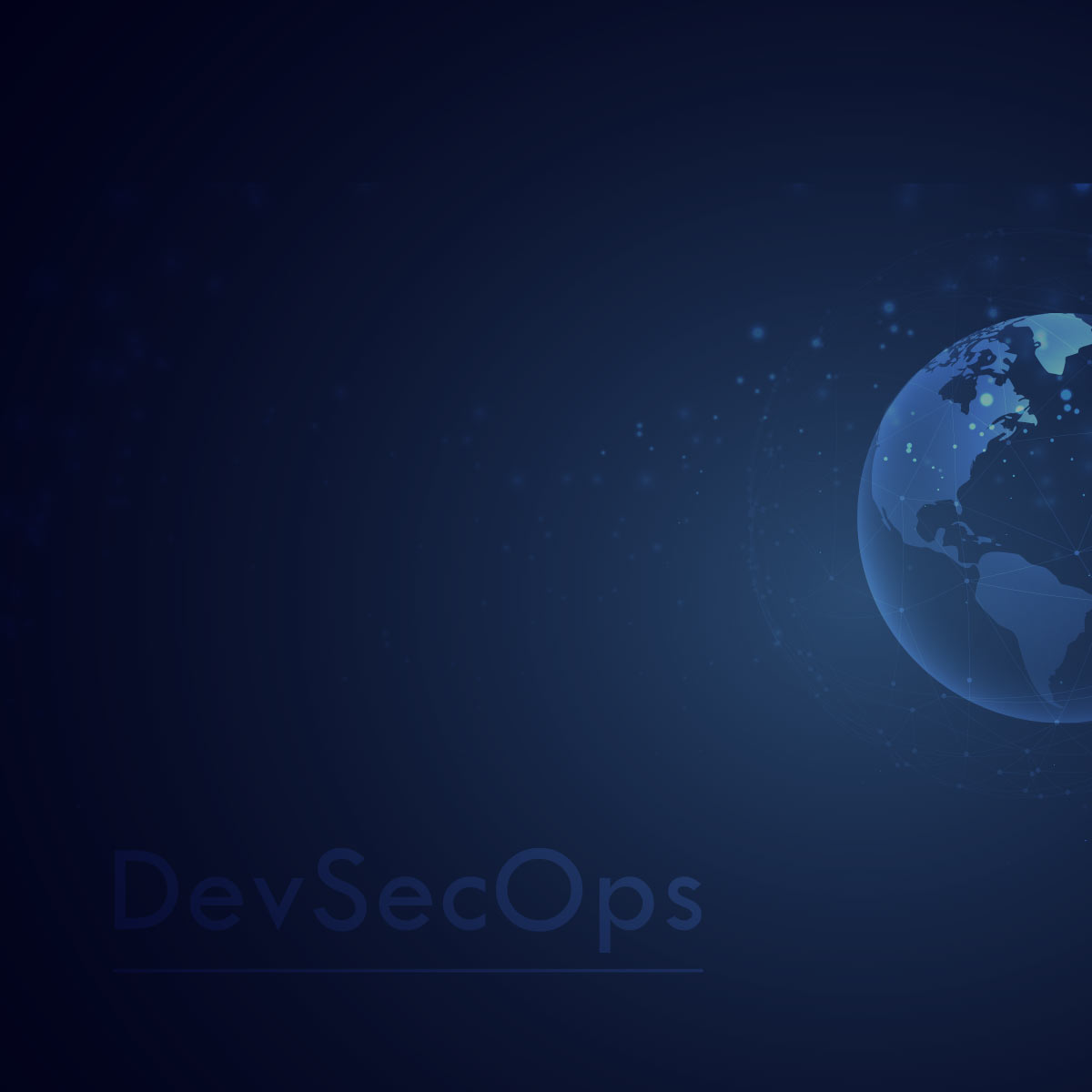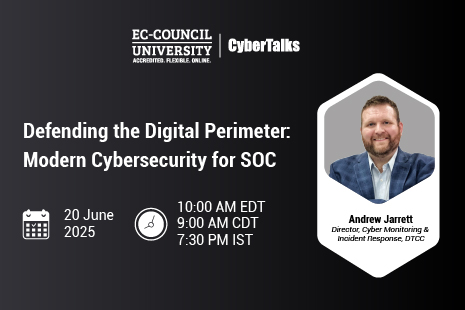By now, DevOps is a clear best practice for software development. According to a 2021 survey by Redgate Software, 74 percent of organizations have now adopted DevOps in some form (Redgate, 2021).
DevSecOps adds security concepts to the development and operations teams which form the foundation of DevOps. The primary purpose is to make security a vital part of the software development process, considering security issues at each stage of the pipeline.
With security being a hot topic in IT and software development, it’s no surprise that many IT professionals are looking to move into the field. One of the best ways to become an expert in the field is by obtaining one of the various DevSecOps certifications. But with multiple options available, how can you choose the right course for you? This article will go over essential tips for selecting the best DevSecOps certification.
Tip #1: Understand Your DevSecOps Goal
The first question to ask when choosing the proper certification is: what are your goals when obtaining this certification? For many prospective students, the answer will be to obtain a job in the field or to facilitate their move from DevOps to DevSecOps. In this case, you should carefully examine the program’s curriculum to determine whether it has what you need for career success.
The best certifications will offer a mix of theoretical knowledge and hands-on labs to help students gain real-world experience with DevOps tools and technologies. There are many DevOps platforms and solutions that practitioners should know about, including:
- Automation tools and practices
- Continuous integration/continuous delivery (CI/CD) tools
- Penetration testing software
- Compliance as code tools
- Threat modeling tools
- Vulnerability scanning tools
- Logging and monitoring software
At the same time, DevSecOps engineers need to have a solid theoretical underpinning of the field. This will help you not only put concepts into practice but understand why they are necessary and how they help improve the software development life cycle.
For example, EC-Council’s Certified DevSecOps Engineer (E|CDE) program strikes a balance between theoretical and practical instruction with more than 80 hands-on labs and seven different modules covering the eight stages of the DevSecOps pipeline, from planning to operations and monitoring.
Tip #2: Find a Multi-Platform DevSecOps Course
DevOps and DevSecOps are both methodologies that are well-suited for cloud computing environments. This is for multiple reasons, including:
- Automation: DevSecOps heavily uses automation to improve speed, efficiency, and accuracy. This aligns well with public cloud environments, which provide many tools and services for automating infrastructure, applications, and resources.
- Security: DevSecOps adds security to the standard set of DevOps concerns, making it a priority at every stage of the software development life cycle. This makes it a good match for the cloud, where security is likewise critical to protect sensitive data and other assets.
- Collaboration: DevOps and DevSecOps aim to foster closer collaboration between the development, security, and operations teams within an organization. As such, they fit well in the cloud, which offers a common platform for these teams to communicate and share information about changes to the codebase.
Potential practitioners would do well to learn about cloud environments. This may include specializing in a particular public cloud provider, such as Amazon Web Services or Microsoft Azure. However, many organizations are still running DevOps either on-premises or in a hybrid setup that combines on-premises and cloud workloads.
For these reasons, DevSecOps courses should ideally be multi-platform. First, a vendor-agnostic approach will help students learn about general cloud computing principles, regardless of which cloud platform they work with. Second, your certification should address issues that pertain to both on-premises and the cloud. EC-Council’s E|CDE course, for example, covers topics in various environments: Amazon Web Services, Microsoft Azure, and on-premises.
Tip #3: Review the DevSecOps Course Requirements and Schedule
Even the best course won’t be the right fit if it doesn’t align with your personal needs. When finalizing your choice of the proper DevSecOps certification, review the course’s requirements and schedule to ensure that you can complete it on time.
For example, many potential students are looking for a course they can take with a full-time job as they transition into the DevSecOps field. These students would do their best to find a course with an online or hybrid learning model and where the course lectures and assignments can be completed asynchronously (i.e., without fixed times or with flexible or loose deadlines).
EC-Council’s E|CDE course gives students multiple learning options, letting them choose the best fit for their situation. E|CDE students can choose from:
- Self-study: E|CDE is available in an asynchronous, self-study environment delivered online via streaming video.
- Live online: Motivated students can follow the E|CDE course in a synchronous online learning format, with live lectures by an instructor.
Why EC-Council’s E|CDE Course is the Best DevSecOps Certification
DevSecOps certifications are an excellent way to break into the fieldor advance your career. When choosing from among the various DevSecOps courses, there are several criteria you can use to evaluate them. Some students are primarily concerned with the cost or return on investment, others are looking for a flexible program that they can accommodate with a full-time job, and still, others want certification with a rich curriculum that will best prepare them for a job as a DevSecOps engineer.
If you’re wondering which is the best DevSecOps course for you, consider EC-Council’s E|CDE program that teaches students the essential skills to design, develop, and maintain secure applications and infrastructure.
With more than 80 practical, hands-on labs and seven modules covering the entire DevSecOps pipeline, the E|CDE course prepares IT professionals for real-world DevSecOps challenges. The benefits of EC-Council’s E|CDE certification include the following:
- Designed by experts: E|CDE was built from the ground up by DevSecOps professionals and subject matter experts worldwide.
- Cloud and on-premises: E|CDE provides thorough coverage of on-premises environments and the Amazon Web Services and Microsoft Azure public clouds.
- Highly versatile toolkit: E|CDE teaches students about dozens of tools, services, and platforms they will use in their real-world work as DevSecOps engineers, from threat modeling and security testing to automation and CI/CD.
References
Redgate. (2021). 2021 State of Database DevOps. https://assets.red-gate.com/solutions/database-devops/state-of-database-devops-2021.pdf
Data Bridge Market Research. (2022 August). Global DevSecOps Market – Industry Trends and Forecast to 2029. https://www.databridgemarketresearch.com/reports/global-devsecops-market
About the Author
David Tidmarsh is a programmer and writer. He’s worked as a software developer at MIT, has a B.A. in history from Yale, and is currently a graduate student in computer science at UT Austin.










